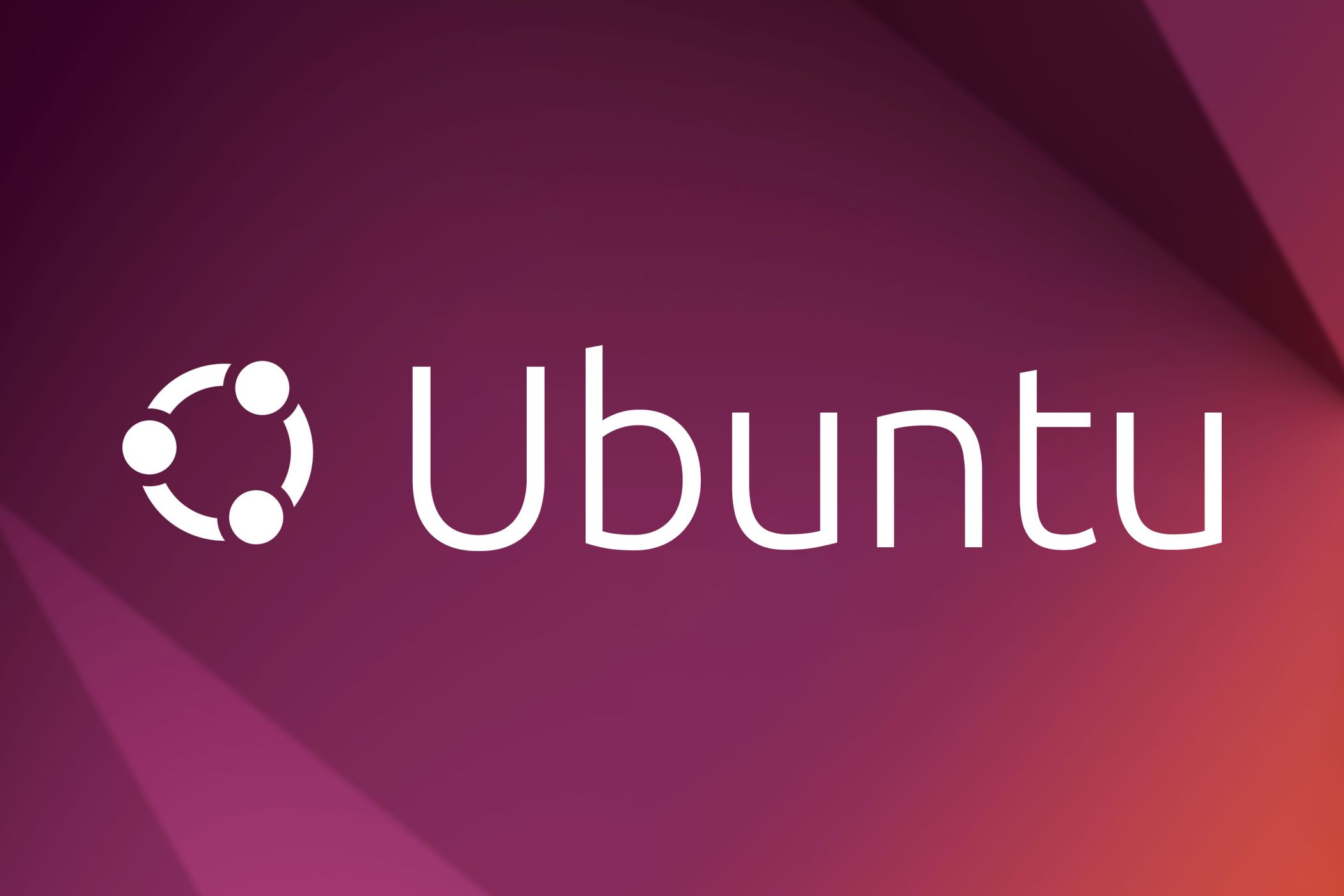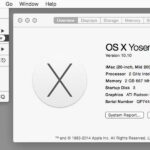Ubuntu 24.04 LTS Linux is Now Available
Enjoy GNOME 46, Linux 6.8, and five years of free updates.
Ubuntu Linux might not be the most popular Linux distribution these days, but it’s still one of the most important distributions, especially on servers and managed workstations. Ubuntu 24.04 LTS is now available with a few significant changes and five years of free updates.
Ubuntu 24.04 LTS is now available to download for 64-bit x86 desktop computers and servers, Raspberry Pi boards, and other supported platforms. It’s a Long Term Support (LTS) release, so it’s the new “default” version of Ubuntu until the next LTS arrives two years from now, with five years of free app updates and security fixes. You’ll also be able to subscribe to Ubuntu Pro for extended updates after that, but most people should just update to the next LTS.
Ubuntu 24.04 LTS includes the latest Linux 6.8 kernel, along with the same GNOME 46 desktop environment included in this week’s Fedora 40 update. The desktop is still a slightly different experience than the “vanilla” GNOME desktop—the application dock on the left side of the screen, for example—but most of the new features and improvements are present. There’s also now triple buffering for graphics on Intel and Raspberry Pi devices, which should increase general performance.
Canonical is also touting Ubuntu 24.04 LTS as a great update for software developers. It includes Python 3.12, Ruby 3.2, PHP 8.3, Rust 1.75, and Go 1.22. OpenJDK 21 is the default Java environment, but you can still install OpenJDK 17, 11, and 8. There’s also full support for .NET 8.
There are some security improvements in release as well, primarily focused on app security. Canonical said in a blog post, “In Ubuntu 24.04 LTS, PPAs are now distributed as deb822-formatted.sources files with their signing key directly embedded into the file’s signed-by field. This establishes a 1:1 relationship between the key and the repository, meaning one key cannot be used to sign multiple repositories and removing a repository also removes its associated key. In addition, APT now requires repositories to be signed using stronger public key algorithms.”
You can download Ubuntu from the official website, and it should be available as an upgrade on existing systems soon.












